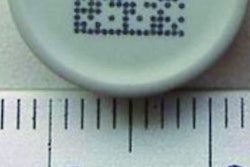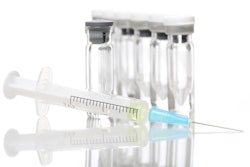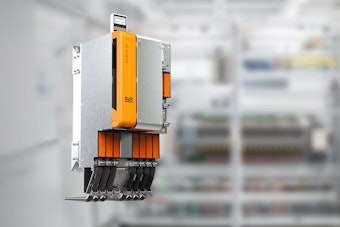Let the battle begin.
Last week, after the Republicans officially took control of Congress, the push to repeal the medical device tax got even stronger.
According to The Hill, the tax could be repealed by the end of March as predicted by a bipartisan group lawmakers.
Rep. Erik Paulsen (R-Minn.) already introduced a bill that has support of more than half the House, including Democrats.
"The Protect Medical Innovation Act, has broad bipartisan support with 254 cosponsors including 27 Democrats," according to the lawmaker's website.
The 2.3% tax was imposed as part of the Affordable Care Act, and is expected to generate $38 billion of excise tax revenues over the next 10 years.
“Many of us were saying from the outset this is a very ill-conceived idea,” Paulsen said, according to The HIll at a press conference last week. “You’re going to have fewer start-ups, less ideas in the garage.”
However, according to a report from the non-partisan Congressional Research Service, the impact of the medical device tax will be 'relatively small.'
"The drop in U.S. output and jobs for medical device producers due to the tax is relatively small, probably no more than 0.2%.," the report reads. "These small effects occur in part because the tax is small, in part because demand is estimated to be relatively insensitive to price, and in part because approximately half of production is exempt from the tax."





















